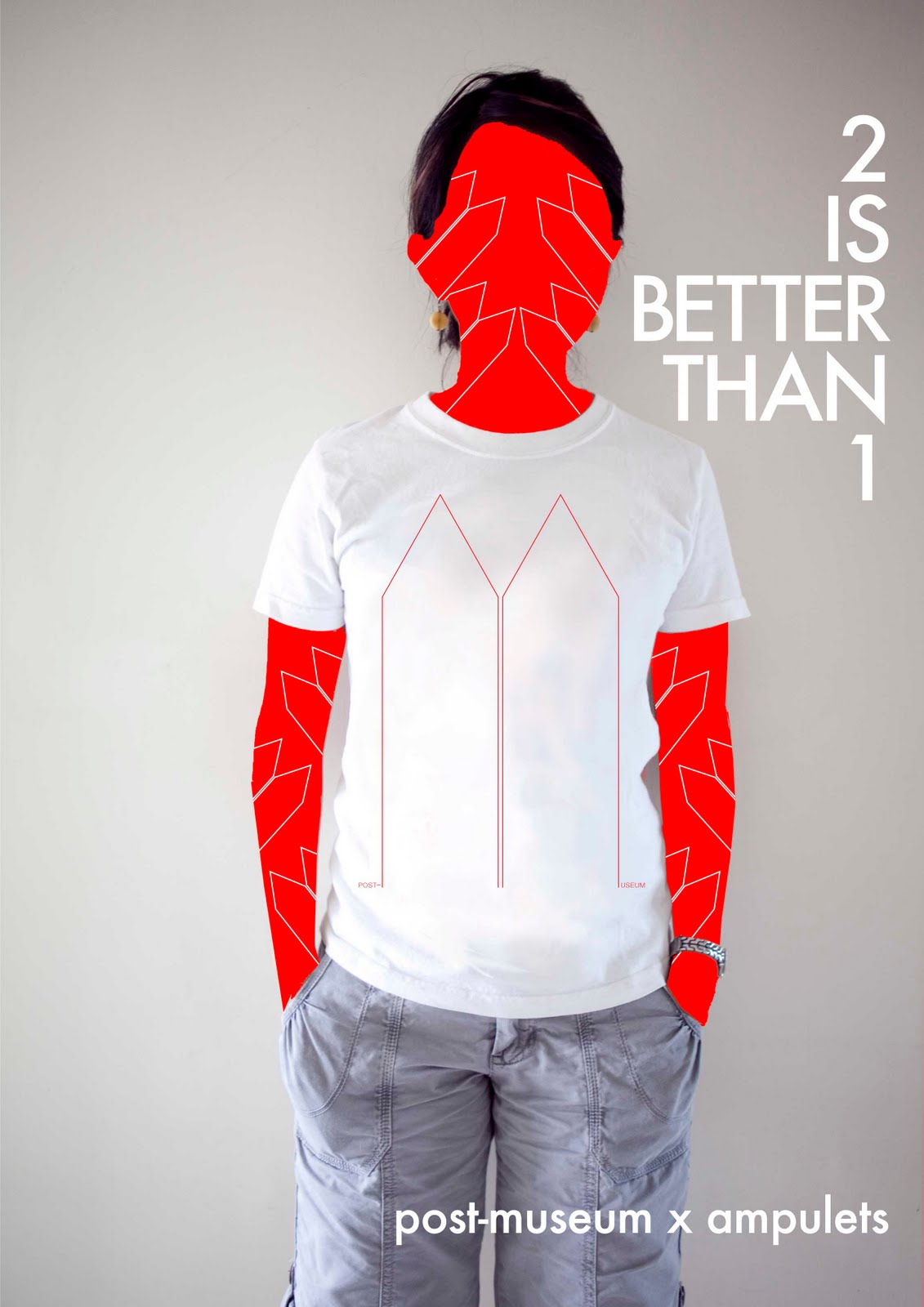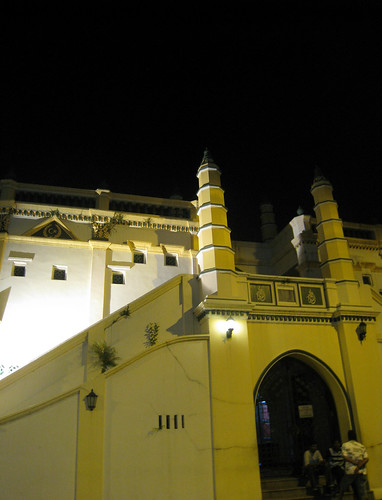The two questions I've been fielding the most lately are:
1. "How are the sales of
your book?"
2. "What are you doing next?"
The answer to the first question is that it's doing all right and there seems to be a pretty positive response so far --- though no author rests easy till the book's sold out, so if you were contemplating some kind of Singapore-themed Christmas gift for your friends, may I be so bold as to suggest that our book would be an
excellent choice.
As for the second question, I've now got a partial answer: putting together a book of essays on women, gender and sexuality in Singapore and Malaysia. Our call for papers (reproduced below or available on
H-Net) was sent out last week. Yes, it'll be a very different kind of book from
Singapore: A Biography and with good reason. We're long overdue for a volume like this in our part of the world.
If you or anyone you know might be interested in this book project, read on. Abstracts are due by 31 January!
==========
CFP: Troublesome Women in Asia: The Politics of Gender in Singapore and Malaysia Since they became independent nations during the period of post-war decolonization, Singapore and Malaysia have made impressive leaps in economic development, becoming the envy of both developed and less developed countries. With economic success has come rapid modernization and urbanization, and today Malaysia and Singapore are two of the wealthiest and most technologically advanced countries in Southeast Asia. At the same time, these two countries are characterized by stable political regimes which often have been criticised as authoritarian, even draconian. Both countries perennially draw concern from international organizations such as Amnesty International and Reporters Without Borders, and some of their economic and cultural policies have been singled out as being discriminatory against particular ethnic or social groups.
While interest in Singapore and Malaysia is strong in the fields of international politics, economics and comparative development, less attention has been paid to the ways in which women, and the concepts of gender and sexuality, have been affected and transformed by this accelerated degree of development. This volume intends to bring ‘the woman question’ to the construction of Southeast Asian modernity, creating a text that will be a useful interdisciplinary reader in understanding the role of gender and sexuality in this region. How have women from Malaysia and Singapore adjusted to the fast pace of economic development within both countries? How do women in these two Asian countries walk a balance between tradition and modernity? How have different groups of women – influenced by class, ethnicity, religion or the urban environment – contributed to the changing role of marriage, the family and sexuality, as well as to male-dominated domains such as politics and business? And how have matters of sexuality been affected by how gender is constructed in these countries?
The volume aims to provide a broad representation of how women and gender have been described and problematized by scholars so far, as well as to present contemporary new insights on the subject by both emerging and established voices. We invite contributors from all areas in the humanities and social sciences addressing research on women and gender in Singapore and Malaysia. We are interested in, among other issues, the following topics:
1) Gender theory
2) Political change
3) Representation and culture
4) Modernization
5) Globalization
6) Sexuality
Previously published papers will be considered, provided the author(s) are granted license from the publisher.
Abstracts of no more than 500 words should be sent to the editors, Adeline Koh and Yu-Mei Balasingamchow (
[email protected]), by January 31, 2010 for advice on whether a full paper is required for the reviewing process. Full contributions of 4000-6000 words will then be required. Longer papers will be considered on an individual basis. Please send all completed submissions by June 30, 2010.
About the authors Adeline Koh is currently a postdoctoral fellow at the National University of Singapore, and will be Assistant Professor of Postcolonial Studies at Richard Stockton College in 2010. She has published an edited volume on third cinema, and is currently working on a book on postcolonial women’s literature and political theory. Her research interests are in comparative feminisms in Africa and Asia and in new media and globalization.
Yu-Mei Balasingamchow is a writer and independent scholar based in Singapore. She has co-authored with Mark Ravinder Frost
Singapore: A Biography (2009) an accessible yet rigorous history of Singapore spanning seven centuries, as well as worked extensively on research projects with the National Museum of Singapore. Her current interests are in post-war women’s history in Singapore and the relationship between the internet and civic participation.
Labels: Gender agenda, Words words words







